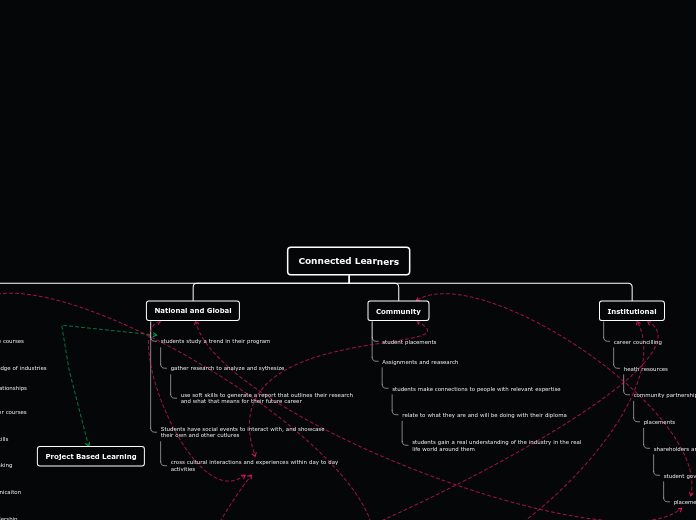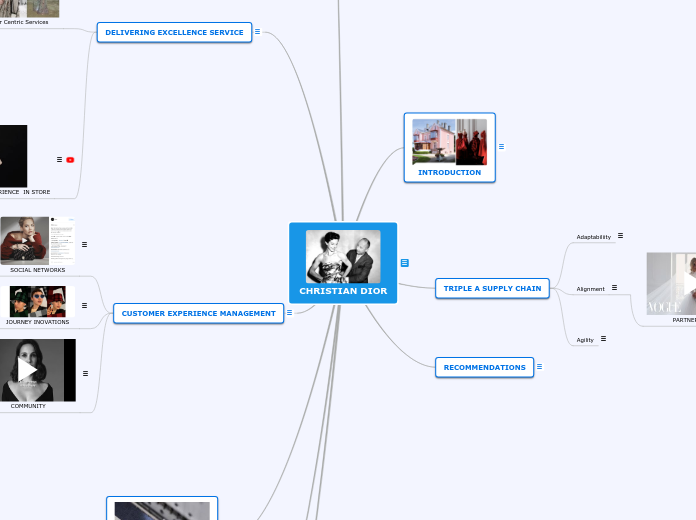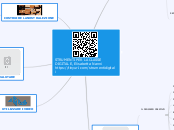Rferences
University of Calgary. (2019). Library: Education – Interdisciplinary Learning: Introduction. Retrieved July 17, 2019, from https://library.ucalgary.ca/guides/interdisciplinary_learning
Taylor, A., Butterwick, S., Raykov, M., Glick, S., Peikazadi, N., Mehrabi, S. (2015). Community service-learning in Canadian higher education. Vancouver, BC: UBC Press.
Sheninger, E. (2016, December 04). The Silo Effect. Retrieved July 17, 2019, from http://esheninger.blogspot.com/2016/12/the-silo-effect.html
Lock, J. V. (2015). Designing learning to engage students in the global classroom. Technology, Pedagogy and Education, (24)2, 137–153.
Kozak, S. & Elliot, S. (2014). From Ecosystem to “Edusystem” IN Connecting the dots: Key strategies that transform learning for environmental education, citizenship and sustainability (pp. 4–9). Oshawa, ON: Maracle Press.
Best Practices in Project Management. Retrieved July 15, 2019, from https://onq.queensu.ca/content/enforced/309230-PME832/2. Hutchison, D. (2015). Project-based learning.pdf?ou=56138&ou=309230
Hutchinson, D. (2015, September). Project Based Learning: Drawing on
Duman, B., & Yavuz, Ö. K. (2018). The Effect of Project-Based Learning on Students’ Attitude towards English Classes. Journal of Education and Training Studies, 6(11), 186–193. Retrieved from http://search.ebscohost.com/login.aspx?direct=true&db=eric&AN=EJ1208469&site=eds-live&scope=site
Carleton. (2019, January 29). Why Teach with an Interdisciplinary Approach? Retrieved July 17, 2019, from https://serc.carleton.edu/econ/interdisciplinary/why.html
Boss, S., & Krauss, J. (2014). Reinventing project-based learning : your field guide to real-world projects in the digital age. International Society for Technology in Education. Retrieved from http://search.ebscohost.com/login.aspx?direct=true&db=cat06859a&AN=sse.898362365&site=eds-live&scope=site
Project Based Learning
INTERCONNECTED
Interdisciplinary learning
Connected Learners
Institutional
career councilling
heath resources
community partnerships
placements
shareholders and board of governers
student governing bodies
Community
Assignments and reasearch
students make connections to people with relevant expertise
relate to what they are and will be doing with their diploma
students gain a real understanding of the industry in the real life world around them
student placements
National and Global
Students have social events to interact with, and showcase their own and other cutlures
cross cultural interactions and experiences within day to day activities
students study a trend in their program
gather research to analyze and sythesize
use soft skills to generate a report that outlines their research and what that means for their future career
Program
Professors for other courses
All relate and translate to the working/community industries and core courses
Transferable skills
Critical thinking
communicaiton
leadership
teamwork
Professors for core courses
community relationships
current knowledge of industries









